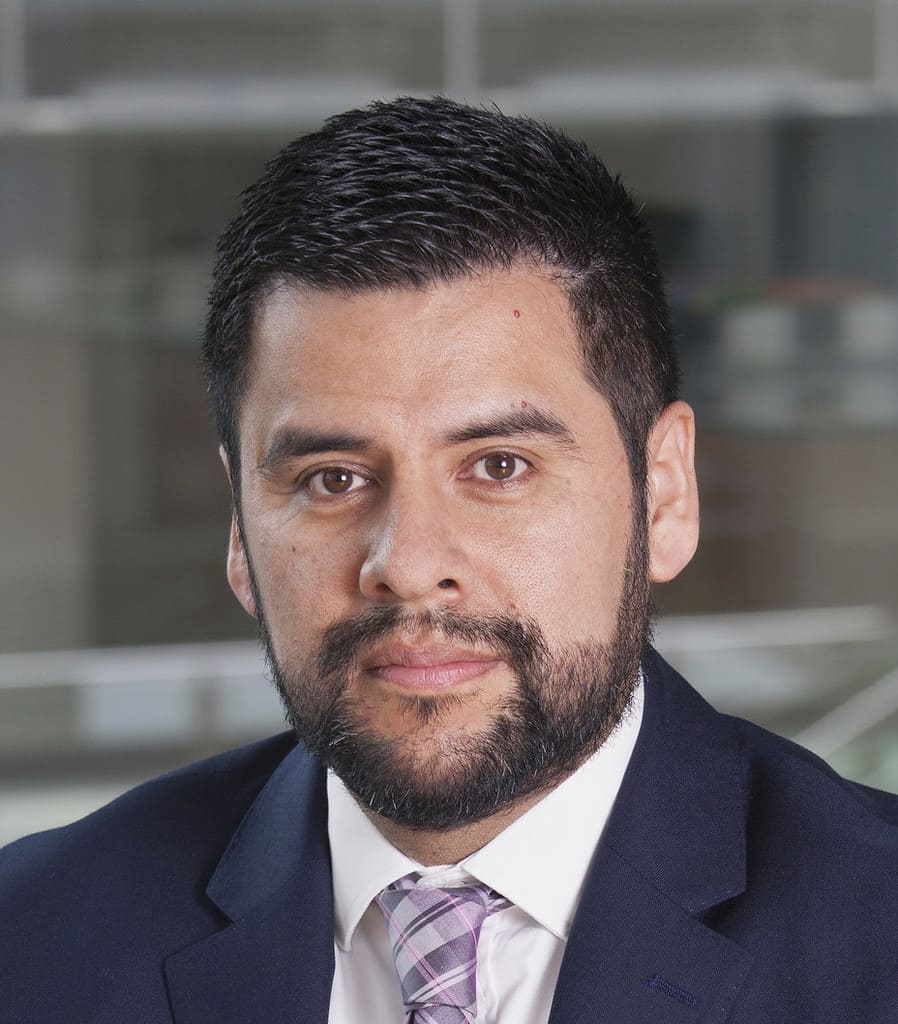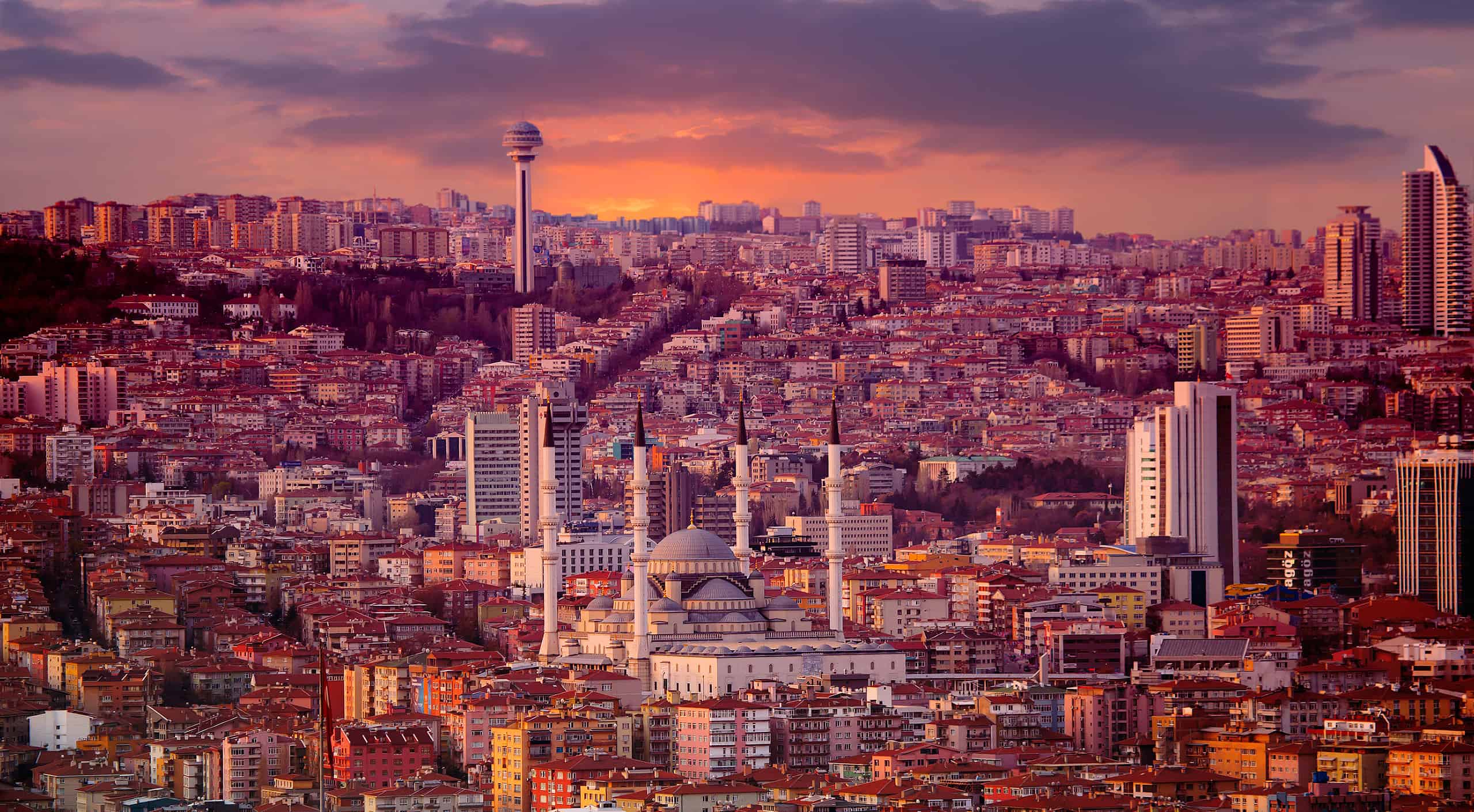Turkey bounces back following some historic lows—and with a new economic team in place.
For the better part of a decade, Turkey has hardly presented itself as a happy hunting ground for investors. Since the attempted coup of 2016, when it lost its sovereign investment grade rating, erratic policymaking—especially on the monetary side—and a succession of short-lived appointments to the central bank have combined to keep foreign money on the sidelines.
The Turkish lira has lost some 80% of its value against the US dollar over the past five years, hitting an historic low of more than 30 to the dollar in January. Inflation remains high, at around 65%, with the current account a worrying 4% to 5% of GDP.
Yet those who wrote Turkey off after last May’s presidential election, which saw Recep Tayyip Erdogan return for a third five-year term as president, have so far been proven wrong.
In February, an inaugural $500 million bond offering by the Turkey Wealth Fund (TWF) attracted orders totalling some $7 billion, suggesting the country will be active on bond markets this year; some $10 billion is expected to be issued this year, similar to the 2023 total. The TWF holds shares in some of Turkey’s leading companies, including Turkish Airlines, Borsa Istanbul and local energy giant Botas, leading observers to anticipate further offerings, particularly as the yield on the five-year bond dropped to 8.3%, below the targeted level above 9%. Turkish five-year dollar bonds are currently trading with a yield around 7.6%, which is competitive for an emerging market.
Tourism last year reached record arrivals of almost 50 million visitors, up 10% from 2022, and income from tourism rose 17% to $54 billion. In January, the auto industry notched record export earnings of almost $2.8 billion. Both were good news for the current account deficit.
Fatih Karahan, the new governor of the Central Bank of the Republic of Turkey, has shown greater determination than his predecessor to bring inflation to heel. Interest rates now stand at 45%, versus 8.5% nine months ago, and a complex web of unorthodox financial regulations is slowly being dismantled. Turkey watchers were also reassured that the change of governor—the seventh since 2016—was not the result of presidential dismissal; Karahan’s predecessor resigned for a range of reasons, some personal.
Analysts say the credible team of Karahan and Finance Minister Mehmet Simsek, appointed after last year’s elections, has helped transform Turkey’s prospects. Simsek—previously deputy prime minister, and an analyst with Merrill Lynch prior to that—is seen as guiding policymaking, and his presence reassures markets.
“Turkey had no choice but to return to rationality,” says Erich Arispe, Turkey analyst with Fitch Ratings, says of the new team. “This time last year, our sovereign rating was B with a negative outlook; now it’s B with a stable one.” He warns, however, that some clouds are still on the horizon.
“The big question is how durable the policy adjustment is, and how much political space there is for monetary and fiscal tightening,” Arispe argues, even though policymakers are insisting they will do whatever it takes to reduce inflation. The hit to growth—which is expected to fall this year to 2.5% versus 4.5% in 2023, when the economy was buoyed by preelection spending—will be considerable if inflation is to be significantly reduced.
Investment Picks Up
Early signs are that the tightening is working, but some analysts think rebalancing will take longer than many expect.
“Fourth-quarter GDP data showed that private spending has accelerated despite an increasingly restrictive policy stance,” ING economist Muhammet Mercan and emerging markets strategist James Wilson told clients in February, “while leading indicators point to further GDP acceleration in Q1 this year. This implies there is still a long way to go.”
The good news is that much of that continued growth reflects strong investment, with machinery equipment and the construction sector both looking healthy. The planned construction of four new airports, a new superfast train that aims to connecting Istanbul to Ankara in just 80 minutes by 2035, and investments worth 210 billion Turkish lira ($6.5 billion) in the southern city of Mersin following the construction of Turkey’s first nuclear power plant there, all suggest that Erdogan has not lost his passion for big infrastructure projects.
Most analysts remain upbeat about the private-sector impact of the return to orthodoxy and higher interest rates—and a depreciating lira, which has dropped 40% since last year’s elections.
The European Bank for Reconstruction and Development “has been active here for 15 years, and we feel [Turkey] is vibrant and very resilient,” says Rafik Selim, the EBRD’s lead regional economist in Istanbul. Last year, the bank invested a record €2.5 billion ($2.7 billion) in Turkey, including sums sent in response to the February earthquake and substantial commitments to green projects, bringing total investments to €19.5 billion in 440 projects, making Turkey the EBRD’s biggest country of operation.

“The private sector and small to midsize enterprises will be key drivers of growth,” Selim says, “as Turkey takes advantage of its big domestic market and of major nearshoring opportunities, made more attractive by the close long-term relationship with the EU.”
Turkey has made strides in investment in human capital, Selim notes, particularly in the less-developed eastern part of the country—and in digital transformation and renewables. Significant investments in solar and wind energy will bolster long-term sustainability and improving energy security, key for a country not blessed with abundant fossil fuel sources.
In March, the government unveiled a 57-point, two-year investment action plan “to facilitate and simplify the legislation, administrative and judicial processes related to the investment environment,” giving priority to projects promoting digital and green transformation.
The big challenge now will be for Turkey to step up its efforts to attract foreign direct investment. In a recent speech, Burak Daglioglu, head of the Presidential Investment Board, noted that the country had attracted $262 billion in foreign investment since 2003, helping it transition from a low-middle income country with per capita income around $3,000 a year to a high-middle income economy with an average of $13,000 per capita and foreign companies accounting for 8.4% of private-sector employment.
Difficult economic conditions have encouraged a brain drain in recent years, however, along with large-scale capital outflows, which last year amounted to some $20 billion. Although much of this could be characterized as hot money, the pullback suggests that Turkey could be doing more to attract long-term investment from abroad.
“Although FDI is positive in net terms—last year it was $10.6 billion, or around 1% of GDP—it is not as high as it was or as Turkey really needs,” warns the EBRD’s Selim, who points out that in the boom years of 2005 to 2008, enthusiasm for Turkey’s then reform path pushed FDI to around 3% of GDP. The reasons are many, including the Covid pandemic, wars in Ukraine and Gaza, and a global trade downturn. “Turkey is not disconnected from what’s happening in the wider region,” Selim cautions.
On the plus side, it seems investor confidence is returning. The Borsa Istanbul All-Share index is up more than 20% in dollar terms this year, outperforming other indexes—although with inflation still running around 65%, real interest rates remain negative.
The positive response to last month’s Turkish bond issuance is another plus; foreign capital inflows are critical. Should confidence in the lira fall too far, however, observers say authorities need to be prepared for all contingencies, including a rise in the current account deficit and unmanageable pressure on the Lira Deposit scheme, which offers individuals protection against exchange rate fluctuations and is currently worth some $80 billion. “Even in time of stress, unlike other similarly rated countries, Turkey has been able to maintain market access,” Fitch’s Arispe notes.
Ahead of local elections at the end of March, Erdogan had promised voters that the focus on growth would resume once Turkey surmounts “the difficulties” it must tackle in 2024. Analysts greeted that reassurance of no deviation from the current orthodox monetary policy as good news.
“Investors need stability and certainty, not least that the return to orthodox economic policies will be sustained,” EBRD’s Rafik says.




